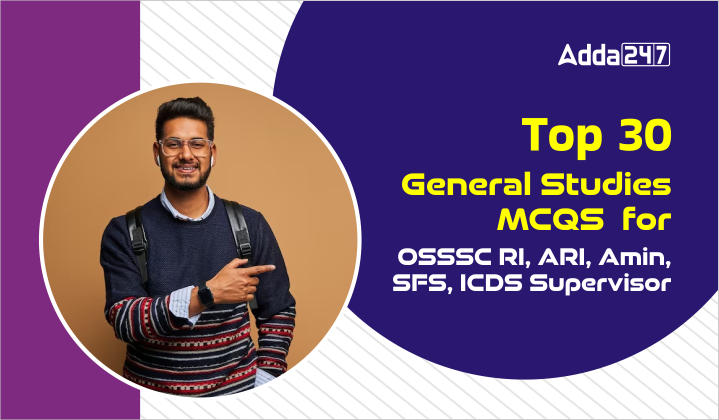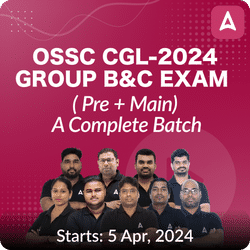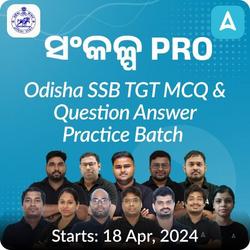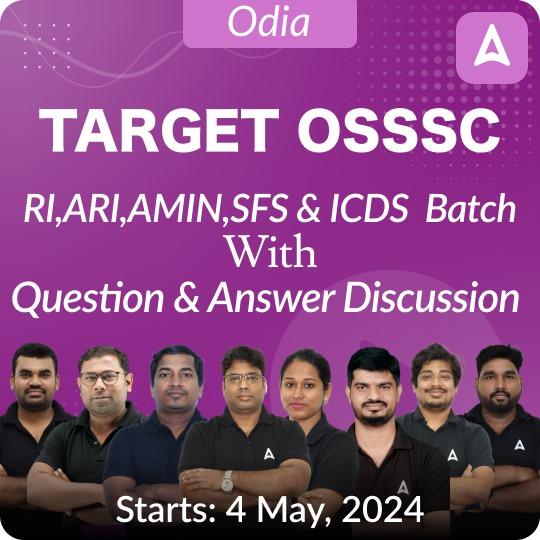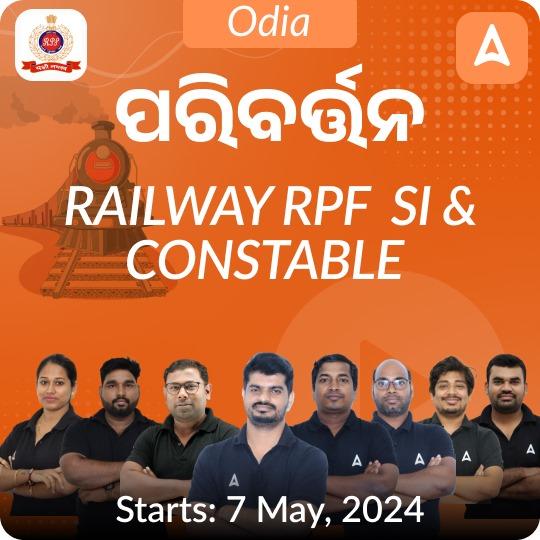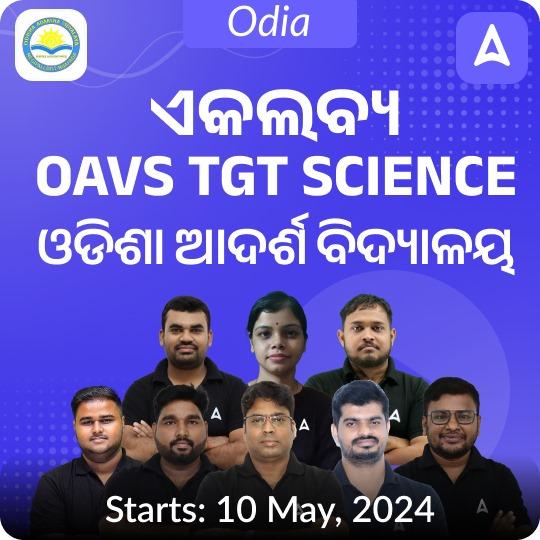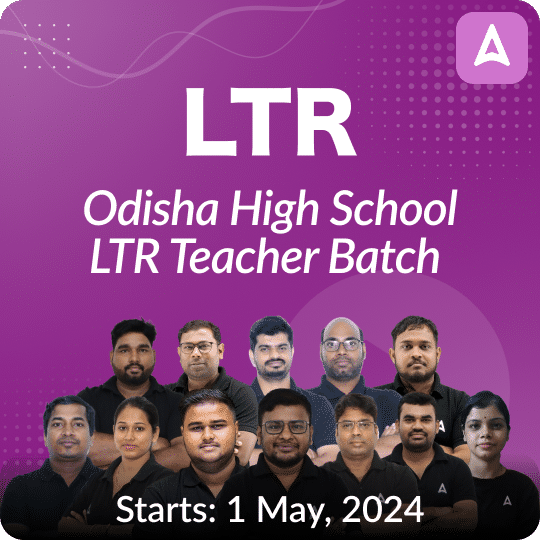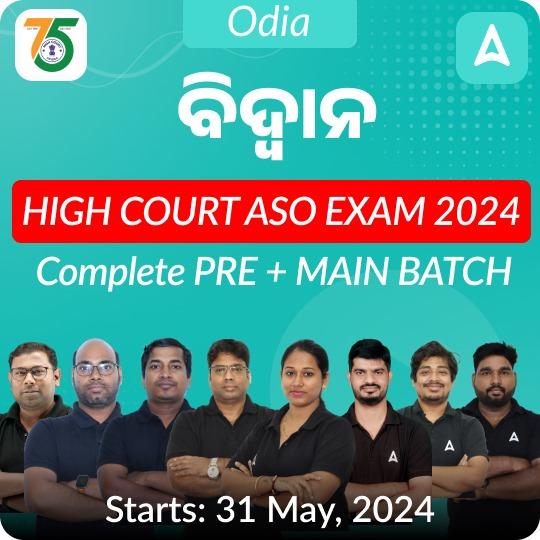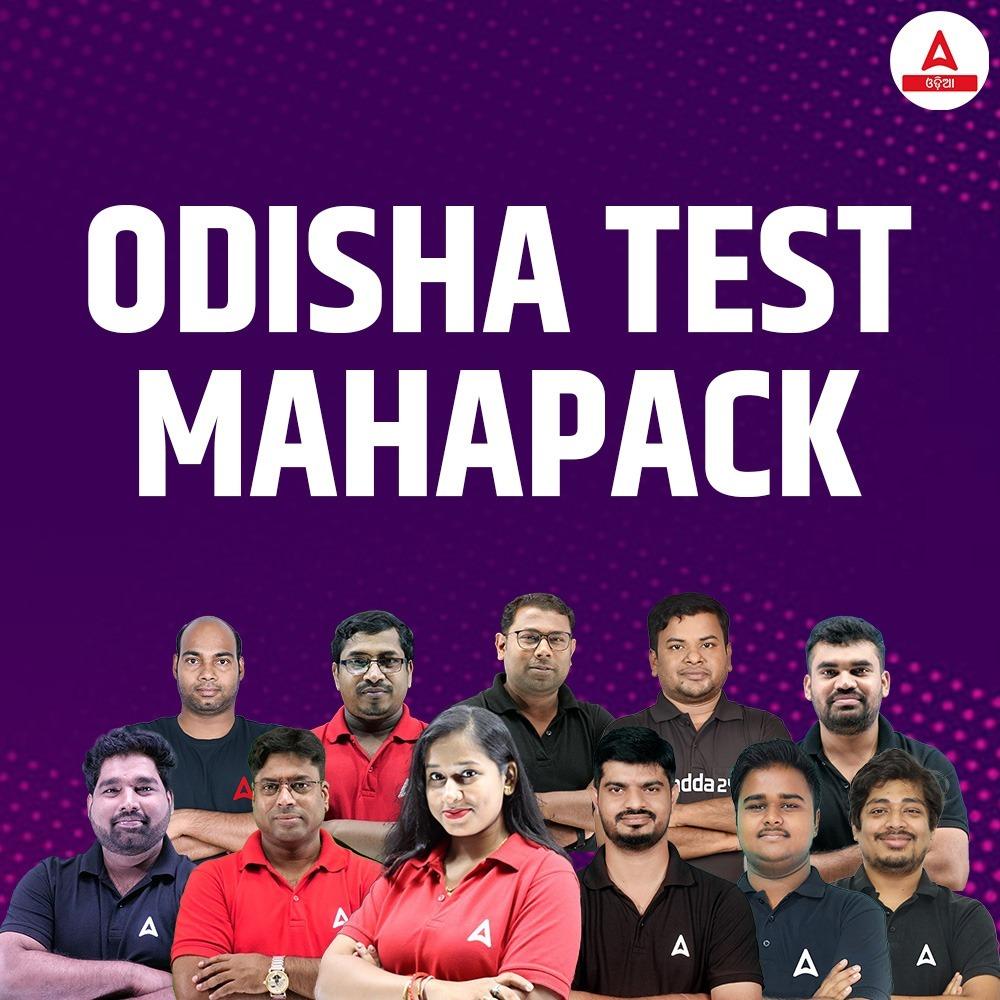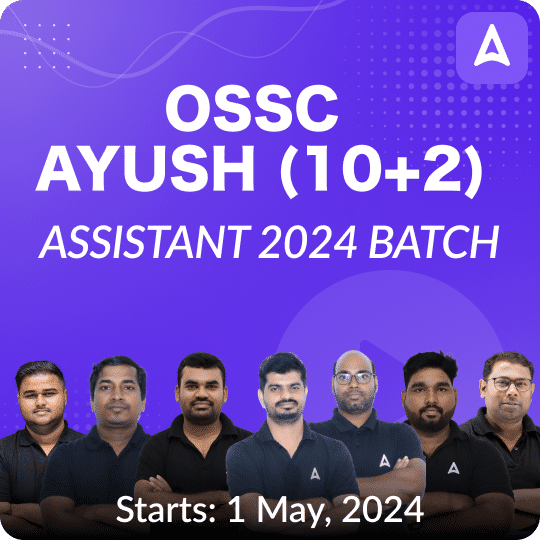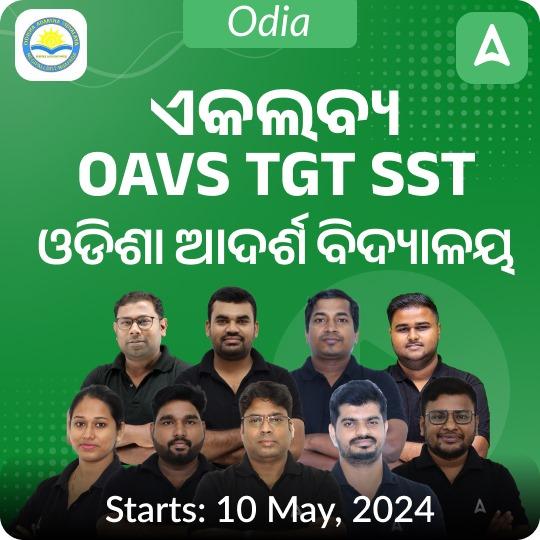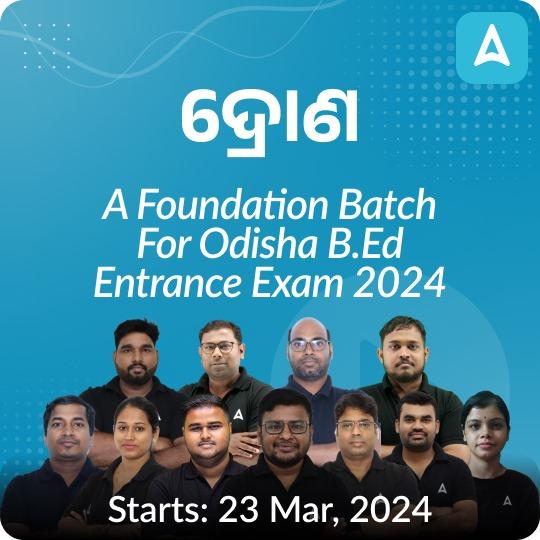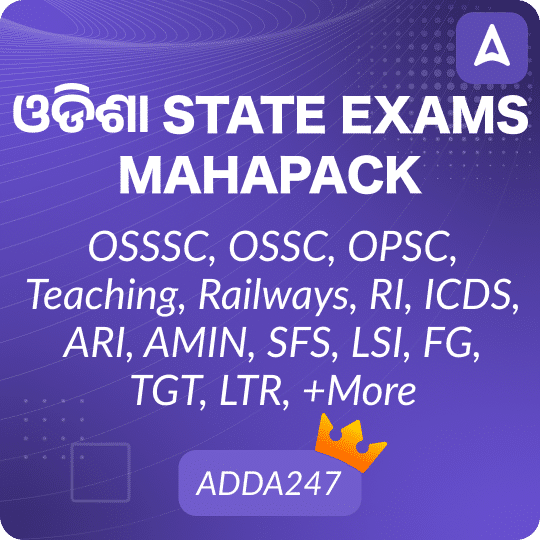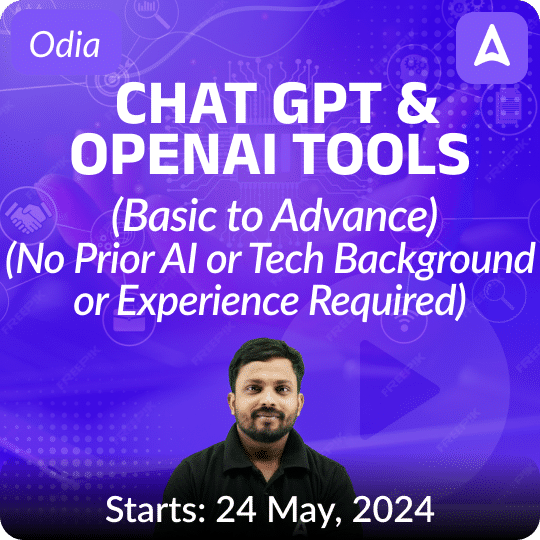General Studies is a crucial component of various competitive exams like OSSSC RI, ARI, Amin, SFS, and ICDS Supervisor. It encompasses a wide range of topics, from current affairs to history, geography, polity, and more. To excel in these exams, it’s essential to have a strong grasp of general knowledge. Here, we present a curated list of the top 30 Multiple Choice Questions (MCQs) that are commonly encountered in these exams, covering diverse subjects to help you prepare effectively.
Top 30 General Studies MCQS For OSSSC RI,ARI, Amin, SFS, ICDS Supervisor
Mastering General Studies is pivotal for excelling in competitive exams like OSSSC RI, ARI, Amin, SFS, and ICDS Supervisor. By regularly practicing MCQs covering a wide array of topics, aspirants can enhance their knowledge and boost their confidence. The above set of 30 MCQs serves as a valuable resource for aspirants to evaluate their preparation and focus on areas that require further attention. Keep practicing and best of luck!
1. Which planet is known as the Red Planet?
a) Mars
b) Venus
c) Jupiter
d) Saturn
Ans: Mars
2. The Indian National Congress was founded in which year?
a) 1857
b) 1885
c) 1905
d) 1947
Ans: 1885
3. Who is known as the Father of the Indian Constitution?
a) Mahatma Gandhi
b) Jawaharlal Nehru
c) B.R. Ambedkar
d) Sardar Vallabhbhai Patel
Ans: B.R. Ambedkar
4. The longest river in India is?
a) Yamuna
b) Ganga
c) Godavari
d) Brahmaputra
Ans: Ganga
5. Who was the first woman Prime Minister of India?
a) Indira Gandhi
b) Sonia Gandhi
c) Pratibha Patil
d) Mamata Banerjee
Ans: Indira Gandhi
6. Which of the following is not a greenhouse gas?
a) Carbon Dioxide
b) Methane
c) Nitrogen
d) Chlorofluorocarbons (CFCs)
Ans: Nitrogen
7. The book ‘The God of Small Things’ is written by?
a) Salman Rushdie
b) Arundhati Roy
c) Jhumpa Lahiri
d) Vikram Seth
Ans: Arundhati Roy
8. Who discovered the electron?
a) Ernest Rutherford
b) J.J. Thomson
c) Isaac Newton
d) Albert Einstein
Ans: J.J. Thomson
9. The headquarters of the United Nations is located in which city?
a) Paris
b) New York City
c) Geneva
d) London
Ans: New York City
10. Which of the following is the largest gland in the human body?
a) Liver
b) Pancreas
c) Kidney
d) Spleen
Ans: Liver
11. The capital of Japan is?
a) Beijing
b) Tokyo
c) Seoul
d) Bangkok
Ans: Tokyo
12. Who wrote the famous play ‘Hamlet’?
a) William Shakespeare
b) George Bernard Shaw
c) Anton Chekhov
d) Henrik Ibsen
Ans: William Shakespeare
13. The concept of ‘Survival of the Fittest’ is associated with which theory?
a) Theory of Relativity
b) Theory of Evolution
c) Theory of Gravity
d) Theory of Electromagnetism
Ans: Theory of Evolution
14. The currency of China is?
a) Yen
b) Yuan
c) Won
d) Rupee
Ans: Yuan
15. Who was the first woman to win a Nobel Prize?
a) Marie Curie
b) Mother Teresa
c) Malala Yousafzai
d) Rosalind Franklin
Ans: Marie Curie
16. Who is known as the Father of the Green Revolution in India?
a) M.S. Swaminathan
b) C. Subramaniam
c) Verghese Kurien
d) Norman Borlaug
Ans: M.S. Swaminathan
17. The study of earthquakes is called?
a) Seismology
b) Meteorology
c) Geology
d) Paleontology
Ans: Seismology
18. The ozone layer protects the Earth from?
a) Ultraviolet radiation
b) Infrared radiation
c) Gamma radiation
d) X-rays
Ans: Ultraviolet radiation
19. Who is the author of the book ‘The Theory of Everything’?
a) Stephen Hawking
b) Richard Dawkins
c) Neil deGrasse Tyson
d) Michio Kaku
Ans: Stephen Hawking
20. The instrument used to measure atmospheric pressure is called?
a) Barometer
b) Thermometer
c) Hygrometer
d) Altimeter
Ans: Barometer
21. The first battle of Panipat was fought in which year?
a) 1526
b) 1658
c) 1761
d) 1857
Ans: 1526
22. Which currency is used in Australia ?
a) Euro
b) Pound Sterling
c) Australian Dollar
d) Rand
Ans: Australian Dollar
23. The process of conversion of sugar into alcohol is called?
a) Fermentation
b) Photosynthesis
c) Oxidation
d) Combustion
Ans: Fermentation
24. Who discovered the laws of planetary motion?
a) Isaac Newton
b) Johannes Kepler
c) Galileo Galilei
d) Nicolaus Copernicus
Ans: Johannes Kepler
25. The longest bone in the human body is?
a) Femur
b) Tibia
c) Fibula
d) Humerus
Ans: Femur
26. The headquarters of UNESCO is located in which city?
a) Paris
b) New York City
c) Geneva
d) Rome
Ans: Paris
27. Who was the first Indian to win the Nobel Prize in Literature?
a) Rabindranath Tagore
b) Sarojini Naidu
c) R.K. Narayan
d) Amartya Sen
Ans: Rabindranath Tagore
28. What is the currency of Brazil ?
a) Real
b) Rupiah
c) Ringgit
d) Peso
Ans: Real
29. The largest moon in the solar system is?
a) Titan
b) Ganymede
c) Callisto
d) Europa
Ans: b) Ganymede
30. Who invented the telephone?
a) Alexander Graham Bell
b) Thomas Edison
c) Guglielmo Marconi
d) Nikola Tesla
Ans: Alexander Graham Bell

